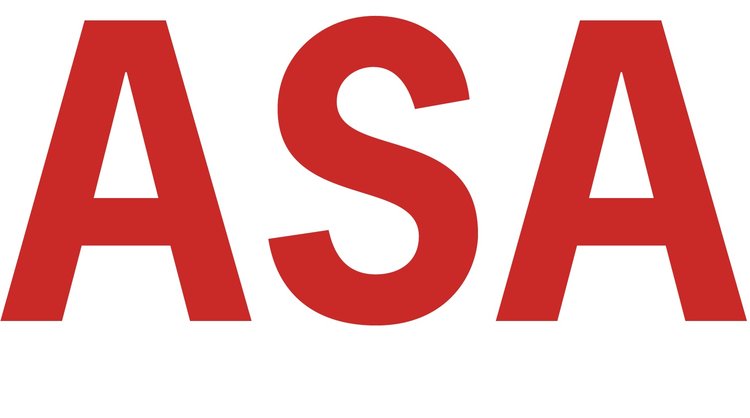On July 19, 2009, ASA presented itself to the world. The country was just pulling out of the 2007—2008 financial crisis, and the need for companies and agencies to re-examine assumptions around critical infrastructure was high.
We launched the website and distributed a news release to announce our company and its services to a network that included executives, heads of agencies, risk managers, cyber specialists, entrepreneurs, media, and technologists. From its inception, we imagined the company to have two parts.
First, ASA Risk Consultants is an advisory firm that identifies and assesses gaps in risk or cyber management, then creates a risk roadmap to move companies forward, with a special focus on four operational dimensions: people, process, systems, and external events. This part of the company was on display in April of 2010 when KING-TV featured ASA in a story about the new firm during its evening news broadcast.
Alternately, the ASA Institute for Risk and Innovation pursues changes in policy or law for more effective risk mitigation and participates in working groups on critical infrastructure issues such as pandemics, natural disasters, cyber threats, and supply chain breakdowns. The institute is the publisher of a six-volume series of research notes, titled Reflections on Risk. Finally, the institute publishes a newsletter that includes a new research note each issue, as well as a column that I write.
Since 2009, we have published 141 newsletters and 162 research notes, available on the ASA website. My column has evolved from discussions of risk or security factors around infrastructure events to include discussions of information ethics, policy, and law, human rights, and the challenges that rapidly evolving technology presents to oversight and regulation. My thinking has evolved as the global infrastructure becomes more fraught and topic areas bleed over into one another. As we move forward into our fourteenth year, here are some of the topic areas we will continue to cover:
Risk Types – Third Party, Innovation, Technology, Reputation, Regulation, Natural Disasters, Data Management
Cyber – Surveillance, Privacy, Blockchain, GDPR, Artificial Intelligence, Weaponized Social Media, Disinformation
Human Rights – Privacy, Access, Marginalization, Assembly, Speech, Voting
Governance – Democracy, Oversight, Equity, Justice
The events of the past month have magnified the challenges we face across the board. Violence exists not only in the horror of mass shootings but daily, in places where ordinary people try to go about their business, riding a subway, going to church, or playing in a public park. We have become anesthetized to the sheer volume of such acts. The January 6th Commission hearings show us another kind of casual appreciation by the president of the United States for the violence done by his supporters that day. And when the hearings resume this week, we’re going to hear even more about the links between white extremist groups and President Trump. Meanwhile, the aftermath of the recent Supreme Court Dobbs v. Jackson Women’s Health Organization decision (overturning Roe v. Wade) is incalculable at this point. The court has politicized and corporatized a matter that would normally be between a woman and her doctor. As history has shown us, those who have the most to lose here are those already marginalized. We are looking down a very long future of decisions of this kind. What other rights will women lose? How many will remember to vote this fall because of that decision?
I am grateful for the comments I receive each month on the newsletter and hope you will let me know if there are other areas you feel that ASA should be covering.
